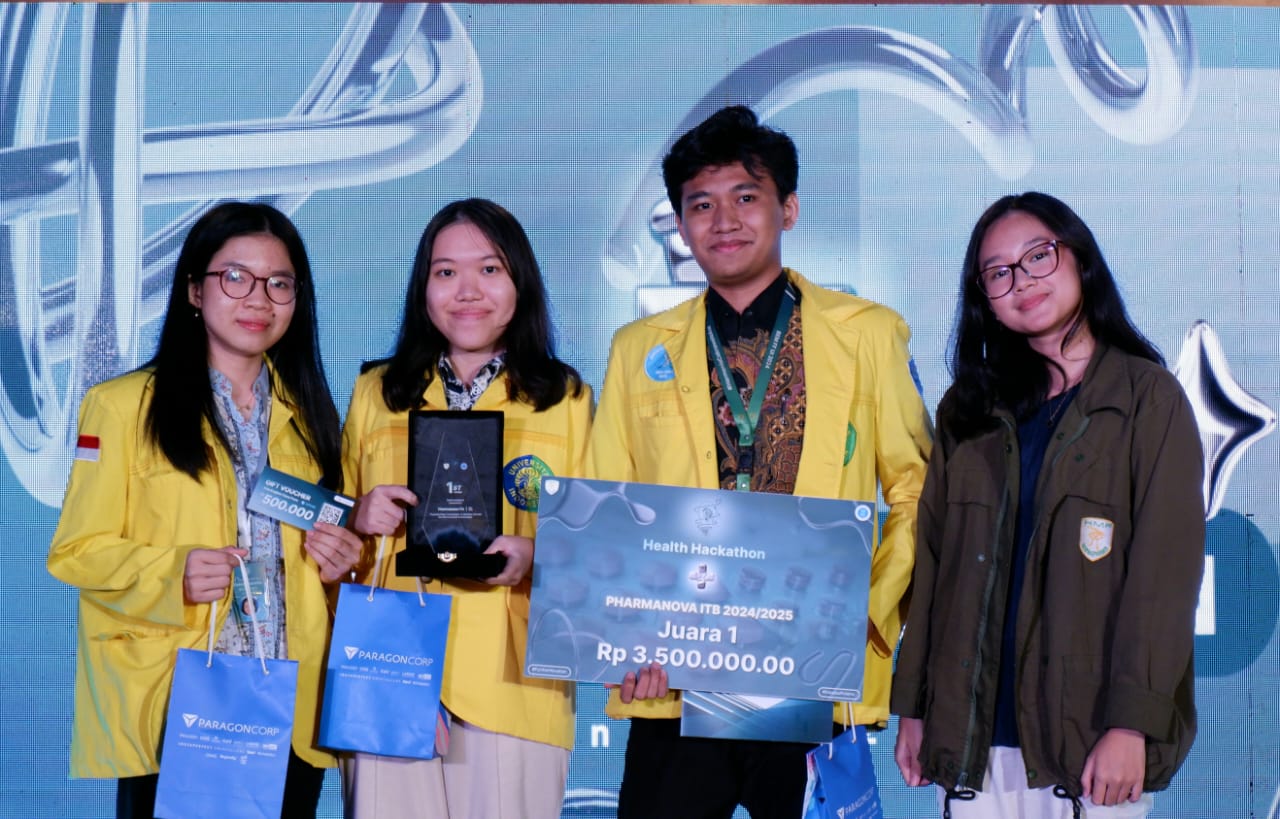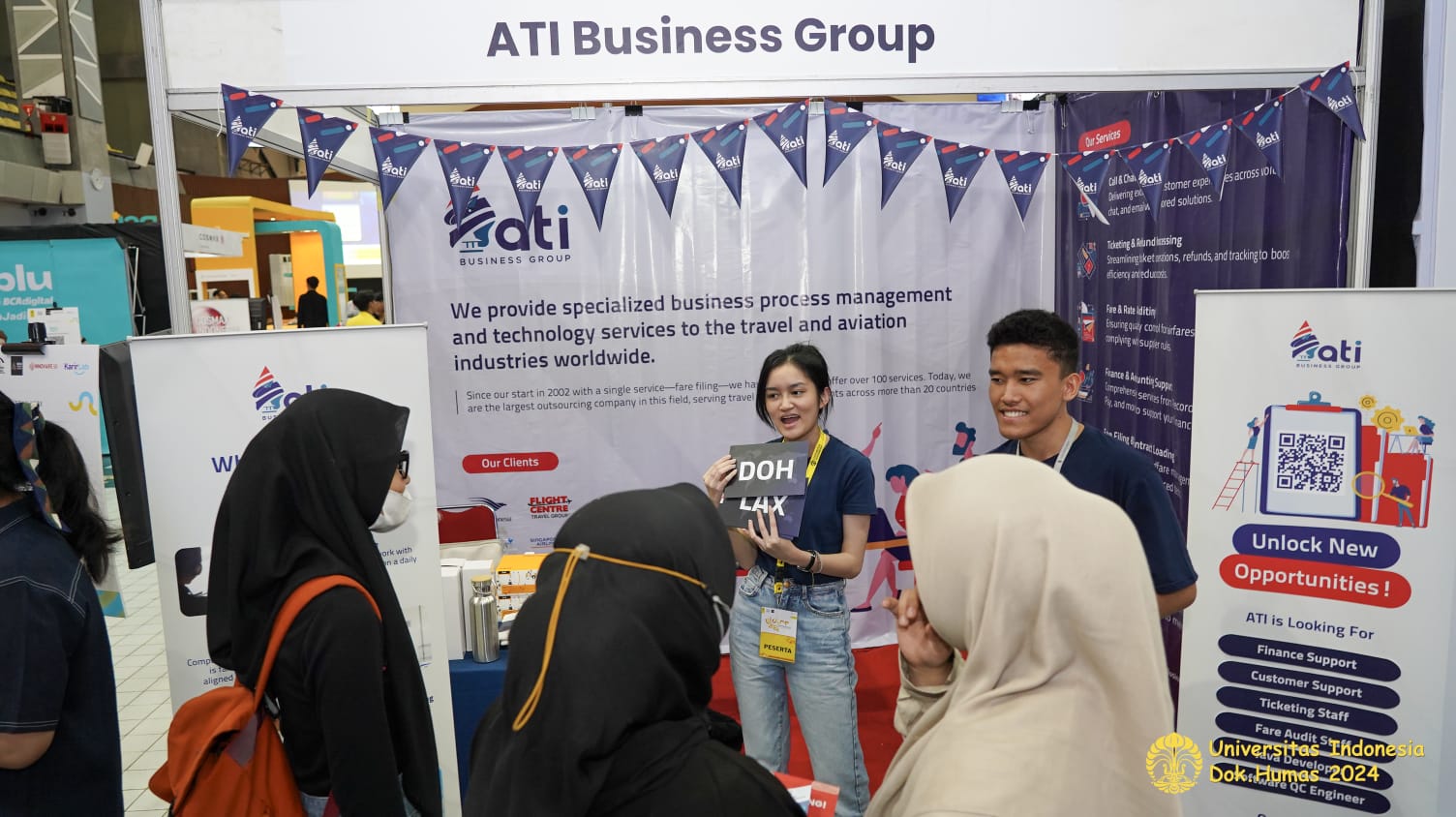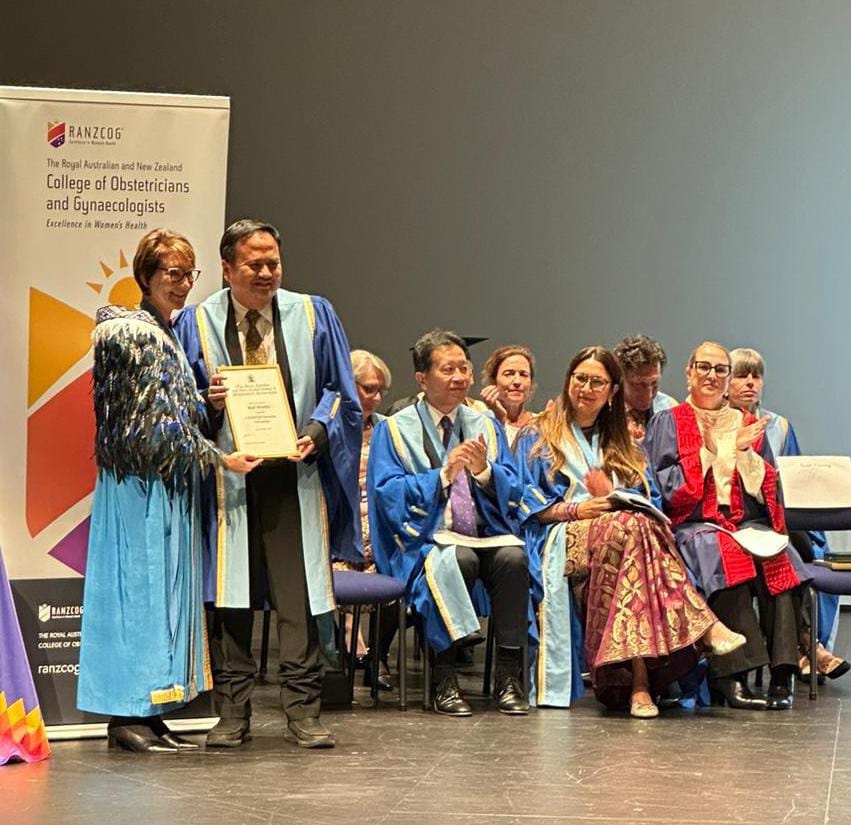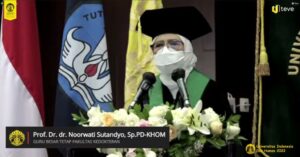
Data from the Global Cancer Statistics (GLOBOCAN) shows that in 2020 there was 19.3 million new cancer cases, and 10 million cases of cancer deaths. By 2040, there will be a global increase of 47% in new cancer cases, to 28.4 million new cancer cases.
In 2020, Indonesia experienced an additional 396,914 new cancer cases with the top five cancer types, namely breast cancer (16.6%), cervical cancer (9.2%), lung cancer (8.8%), colorectal cancer (8.6%), and liver cancer (5.4%), which means an increase of 13.8% compared to the addition of new cases in 2018.
In terms of financing, cancer is the second largest disease that must be covered by Social Health Security Administrator. In 2018, Social Health Security Administrator covered more than 1.9 million cancer cases with an expenditure of IDR 2.97 trillion. In 2020 this number increased to 2.5 million cancer cases at a cost of IDR 3.5 trillion.
Prof. Dr. dr. Noorwati Sutandyo, Sp.PD-KHOM, lecturer in Internal Medicine, Faculty of Medicine, Universitas Indonesia (UI), raised this issue as a topic in her inaugural speech as Professor of Internal Medicine, which was broadcast live virtually through the UI YouTube channel and UI Teve on Saturday (06/08) led by UI Rector, Prof. Ari Kuncoro, SE, MA, PhD.
In her inaugural speech titled “Reducing Cancer Incidence in Indonesia Through Prevention Efforts and Recognition of Risk Factors in the Whole Community”, Prof. Noorwati explained that in general, cancer risk factors are divided into non-modifiable factors (cannot be prevented) and modifiable factors (can be prevented). Factors that cannot be prevented are genetics, age, hormones and gender.
A study in the United States shows 90-95% of root cancer cases are caused by preventable factors, such as infections, diet, smoking, alcohol, radiation, pollution, and exposure to other carcinogenic agents.
According to Prof. Noorwati, in public health science, there are three types of prevention, first, primary cancer prevention is carried out by healthy citizens to avoid risk factors that trigger cancer, so that it is expected to prevent the occurrence of cancer; second, secondary cancer prevention is carried out to detect cancer early in population groups at high risk of exposure to cancer; and third, tertiary cancer prevention is carried out to prevent complications and mortality or death of patients with cancer by improving the quality of life and extending the life expectancy of patients.
She gave input from the primary prevention side of cancer that it is necessary to educate the public through the media to increase public awareness about cancer risk factors, such as the distribution of brochures, counseling by non-profit social foundations, mass media, social media, and of course the puskesmas as the spearhead of health facilities. Then, it can be prevented using vaccination.
In terms of secondary prevention of cancer, it is necessary to conduct IVA and pap smear examinations for the prevention of cervical cancer and mammography for the prevention of breast cancer. Equitable screening needs to be pursued, so that it is not concentrated in big cities, but can reach remote areas.
“We must make serious efforts in preparing a road map to carry out non-communicable disease prevention, especially cancer, so that later we can be proud that the GLOBOCAN estimate of the number of cancers in Indonesia in 2040 which is predicted to increase rapidly, in the form of implementation is not proven. We all must also work together in an integrated manner to carry the cancer prevention campaign into the mainstream of development hand in hand across sectors, across programs and close ranks in facing this great challenge, ” she said closing her speech.
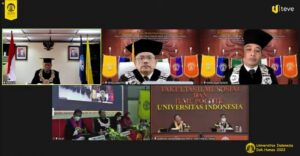
At the inauguration of the professor, several invited guests were seen attending, including Professor of Faculty of Medicine Airlangga University, Prof. Dr. Ami Asharianti, Sp.PD-KHOM.; Professor of Faculty of Medicine Diponegoro University, Prof. Dr. Catharina Suharti, Sp.PD-KHOM, Ph.D, FINASIM.; President Director of the Cancer Hospital
Dharmais, Dr. Soeko W. Nindito.D, MARS; President Director of Cipto Mangunkusumo Hospital, Dr. Lies Dina Liastuti, SpJP(K) MARS; and Director General of Pharmaceuticals and Medical Devices of the Indonesian Ministry of Health, Dr. Rizka Andalucia, M.Pharm., MARS.
Prof. Noorwati completed her medical education at the Faculty of Medicine , Airlangga University Surabaya in 1980. She continued his internal medicine specialist education atFaculty of Medicine, Universitas Indonesia, graduating in 1992, and became a Medical Hematology Oncology consultant in 1999. Later, she earned her Doctorate (S3) from UI in 2006.
Some of Prof. Noorwati’s scientific works include New Hope in Triple Negative Breast Cancer Treatment: Role of Immunotherapy. International Journal of Medical Reviews and Case Reports (2020);
The Role of MicroRNAs in Cancer Cachexia and Muscle Wasting: A Review Article. Caspian Journal of Internal Medicine (2021); Beneficial Roles of Physical Activity in Cancer Prevention. International Journal of Medical Reviews and Case Reports (2021); Nutritional Therapy in Cancer Patients.
Textbook of Internal Medicine 5th Edition Volume I (2009); Diagnosis and Management of Anemia. Collection of Manuscripts of the XII PB PAPDI National Scientific Meeting (2014), and so on.

